Republic of Korea President Yoon Suk-yeol is facing impeachment over his declaration of martial law in the country on Tuesday night, an order he was forced to withdraw within six hours of announcement as ROK lawmakers unanimously voted against it.
An impeachment bill, submitted to the National Assembly on Wednesday afternoon by the main liberal opposition Democratic Party and five smaller opposition parties, was expected to be introduced at a parliamentary plenary session in the early hours of Thursday, and could be put to a vote as early as Friday, local media reported.
China said on Wednesday that it had noted the short-lived declaration of martial law in the ROK, but "will not comment" on the country's internal affairs.
"We hope the ROK will take effective measures to ensure the safety of Chinese citizens and institutions. China's position on the Korean Peninsula issue remains unchanged," said Chinese Foreign Ministry spokesman Lin Jian.
According to ROK laws, a presidential impeachment motion requires the agreement of at least two-thirds of the National Assembly members to pass. Impeaching Yoon would therefore require support from 200 of the National Assembly's 300 members. The Democratic Party and other small opposition parties together have 192 seats. In addition, at least six justices of the nine-member Constitutional Court must endorse the vote to remove him from office.
In a televised address on Tuesday night, Yoon shocked the nation and the world by declaring "emergency martial law" to contain "anti-state forces" and protect constitutional freedom. This was the first time martial law was invoked in the country in more than 40 years.
The announcement drew heavily armed troops to encircle the ROK parliament, while lawmakers scrambled to reenter the building. People gathered in front of the National Assembly and at Gwanghwamun Square in the heart of Seoul, demanding Yoon's resignation, impeachment and arrest. The standoff played out over a few tense hours, with cameras capturing the moments of anger, bravery and defiance before Yoon was forced to back down.
Woo Su-keun, head of the Institute of East Asian Studies of Korea in Seoul, said that as only eight votes are needed from the ruling People Power Party, of which Yoon is a member, there was a possibility that the impeachment bill would pass.
In a statement, People Power Party chief Han Dong-hoon said that Yoon's declaration of martial law was "wrong", and urged all Cabinet ministers to resign.
Yoon's senior aides, including his chief of staff, offered to resign en masse after the martial law decree was blocked by the National Assembly. On Wednesday afternoon, ROK Defense Minister Kim Yong-hyun offered to resign, apologizing for the turmoil the country was cast into.
"People were shocked by President Yoon's order, because it is not a situation for implementing martial law," Woo said, adding that a president could declare martial law during wartime, war-like situations or other comparable national emergencies.
Hoo Chiew-ping, co-founder and senior fellow of the East Asian International Relations Caucus in Malaysia, said that Yoon frequently invoked the term "anti-state forces "in his remarks at various Cabinet meetings, a euphemism aimed at describing opposition parties and their members. However, "using such Cold War rhetoric to target a modern, democratic opposition is not only illogical but also profoundly inappropriate", Hoo said.
The Korean Confederation of Trade Unions, ROK's largest labor union, launched an indefinite nationwide strike starting on Wednesday, urging its members not to go to work until Yoon resigns.
Ryu Yong-wook, assistant professor at Lee Kuan Yew School of Public Policy at National University of Singapore, said, "If the president resigns, a presidential election must be held within 60 days, according to law."
If the impeachment motion is passed, Yoon can challenge its legality in the Constitutional Court, which could take months to make a decision, Ryu added.








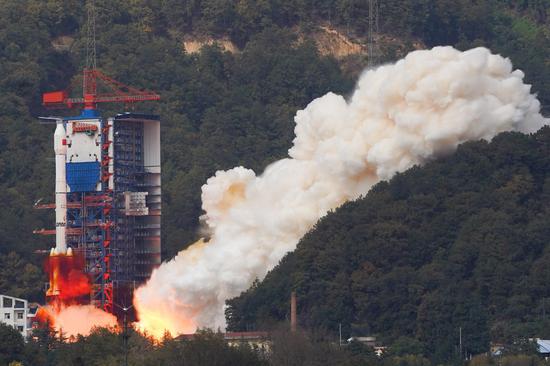

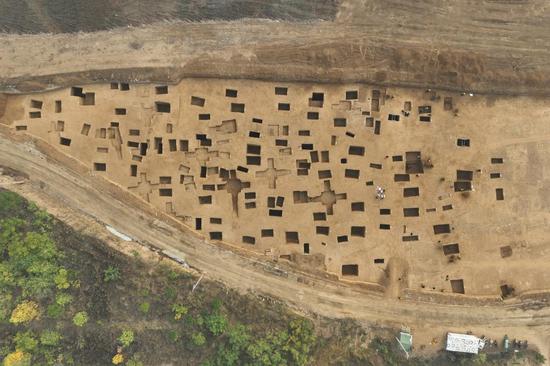
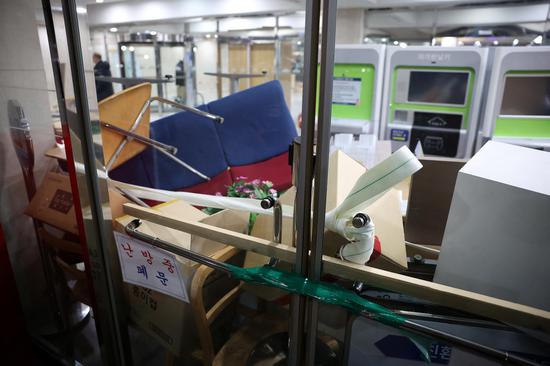





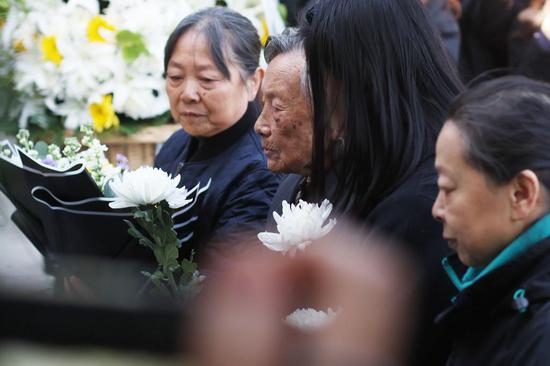



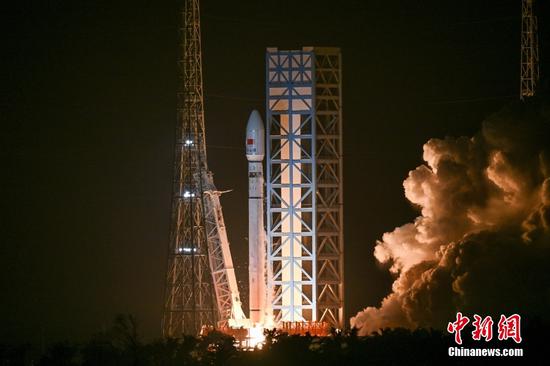

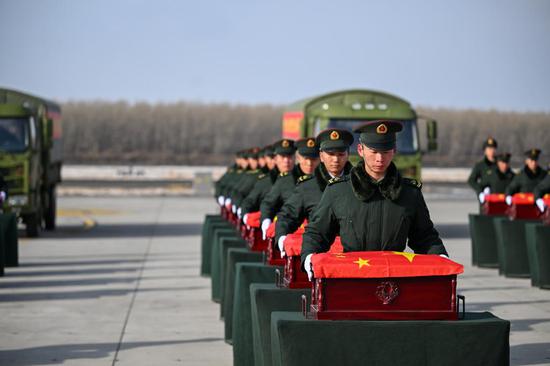




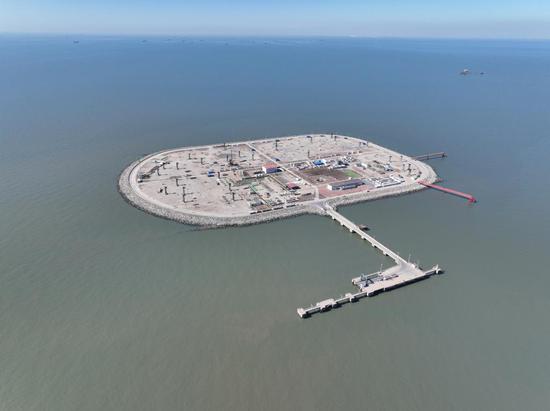

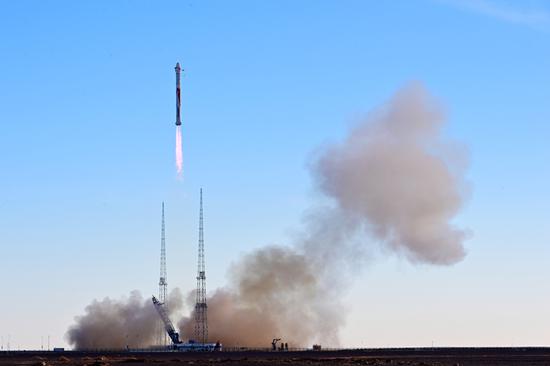



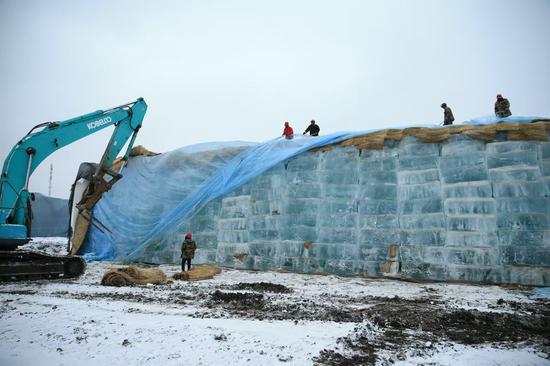

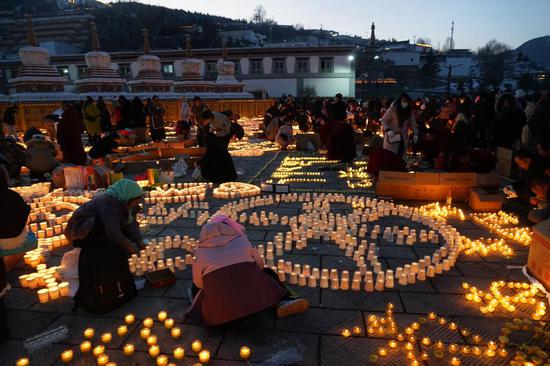

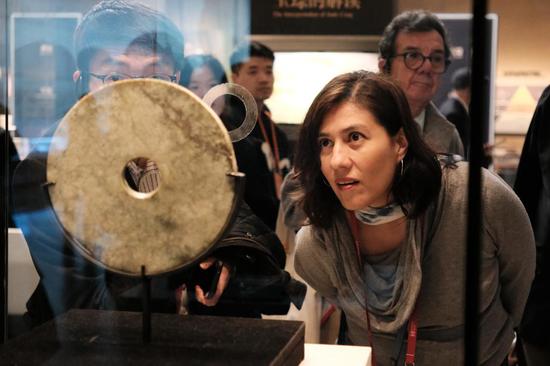
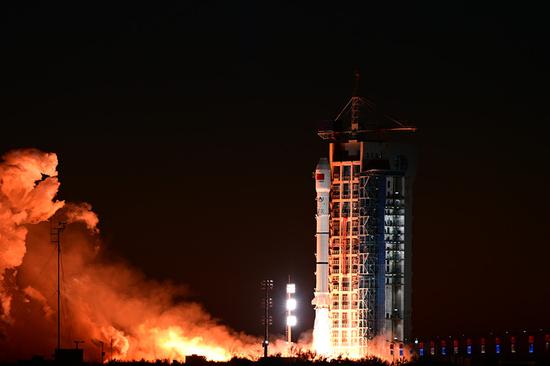

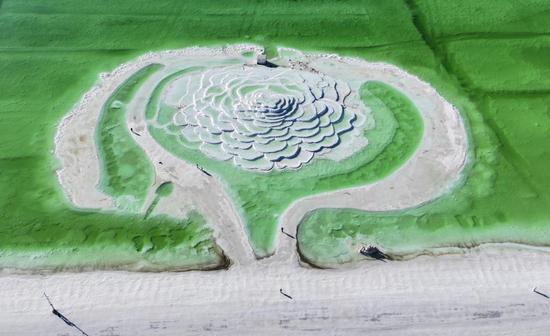








 京公网安备 11010202009201号
京公网安备 11010202009201号